It is not often that we think about the different parts of our mouths. If we do, we may think of our teeth or even our gums. However, there is another vital part of our mouths that we should consider. In fact, it may not cross our minds unless it is absent. Your saliva plays an important role in your oral health. Without it, you can begin to experience several unwelcome side effects.

Neutralize Harmful Bacteria
Saliva is essential in the job of protecting your teeth. If we were to talk about natural ways to fight tooth decay, saliva might not be at the top of your list. However, the chemicals in saliva help minimize the destruction of your enamel. The destruction or deterioration of your enamel is due to the bacteria that live in your mouth. Harmful bacteria—called plaque—can cause significant damage to your teeth and gums if you don’t keep them in check.
When you eat or drink foods that contain sugars (natural or processed), the bacteria in your mouth consume them. This helps them to grow and multiply. Additionally, the bacteria will eat the sugar and then convert it into acid. Unfortunately, acids can erode and break down your enamel. This process is called “demineralization.”
Fortunately, some of the chemicals that make up saliva can help “re-mineralize” your enamel and slow the destructive process.
Aids in Digestion
Saliva is vital for eating. Without it, you will have a very hard time swallowing food without assistance. We have likely all eaten too many crackers without enough water or saliva to swallow safely, which is not a fun or comfortable experience. While your teeth physically break down food, saliva helps break down food chemically. This allows you to swallow your food safely. In addition, saliva provides lubrication to travel down your esophagus smoothly.
Not only is saliva important for swallowing, but it is also a key part of the digestive process. Some of the chemicals in saliva help start the digestion process in your stomach. Without it, you may not be able to receive all of the vital nutrients from your foods.
Prevents Dry Mouth
Unless we have a lack of saliva (or maybe too much), we probably only consider it if it accidentally flies out of our mouths or into our esophagus. Yet, saliva helps keep our mouths comfortable and healthy. For example, not producing enough saliva can be detrimental to your oral health. Lack of saliva is a condition known as “dry mouth.”
Patients with dry mouth are more likely to develop tooth decay and gum disease. This is because bacteria thrive in dry environments. When there is not enough saliva, bacteria like plaque will multiply and destroy your oral health. Even with a thorough oral hygiene routine, it can be difficult to combat dry mouth without assistance from your dentist.
